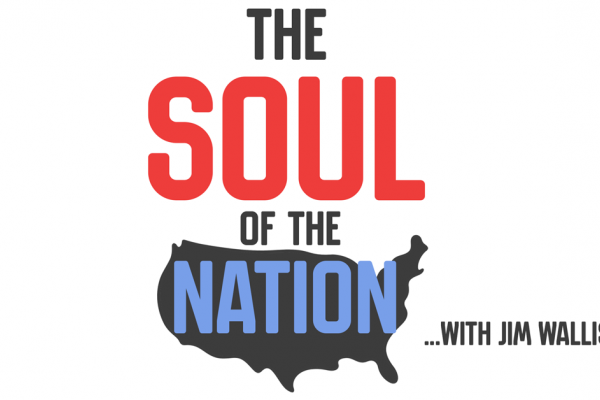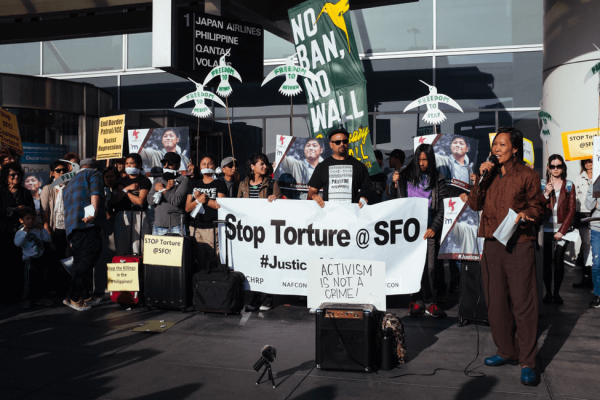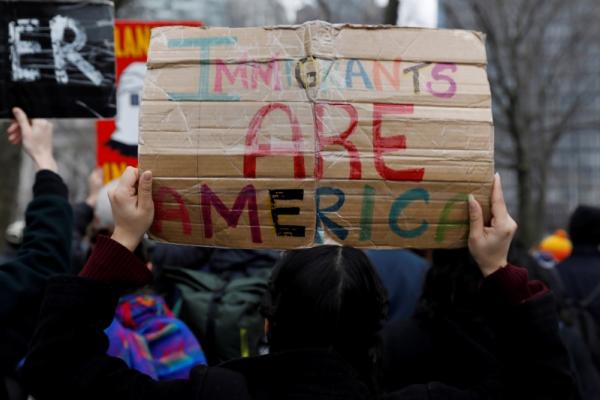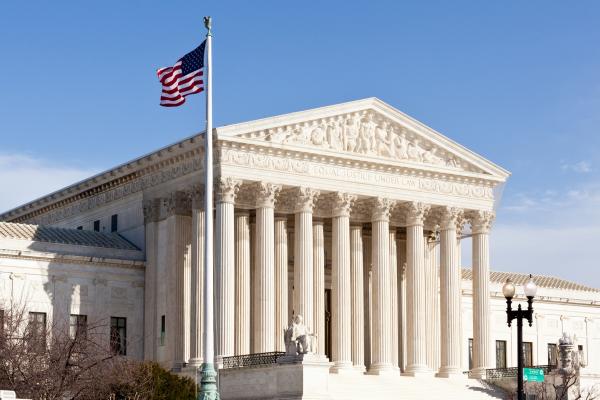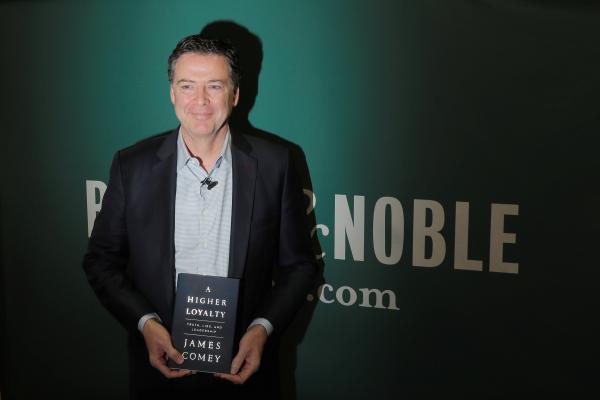The #MeToo hashtag has revealed horrific stories of sexual abuse around the world. The #ChurchToo hashtag has done the same, in the context of the church. As a marriage counselor and pastor, I’ve seen cases of sexual abuse that would make your skin crawl. They’re evil, inhumane, and an abomination to God. But I’ve also encountered another kind of abuse that is equally appalling to God. It isn’t necessarily sexual in nature. It probably won’t gain a famous hashtag. It has become disturbingly prevalent in our culture — and yet it remains largely hidden. It’s called domestic spiritual abuse.
R. Marie Griffith, director of the John C. Danforth Center on Religion and Politics at Washington University in St. Louis, said that the Assemblies of God, founded in 1914, has had a “fascinating history” of women’s leadership, with women leading congregations and speaking from pulpits in its early days and later often finding their roles restricted.
As we approach Pentecost Sunday, it is fitting to recall the fear and trepidation early Christians felt after the crucifixion and resurrection of Christ. Acts 2 sets the scene for us: 120 followers of Jesus were hiding in an upper room afraid to proclaim their faith publicly. It is an unfortunate parallel to our current times.
For a country that so often claims to purport liberty and democracy, the displacement of 400,000 people in Marawi and the 20,000 killings under Duterte’s drug war should concern the United States. But in the treatment of Jerome Aba, U.S. Customs and Border Protection agents enacted an ideology of scarcity, Islamaphobia, and “America First.” It is an ideology that carries international U.S. military intervention and control as the key to safety. And as a Muslim and peace advocate, Aba was a threat to that and treated as an “enemy combatant”.
While it is still dark, Easter happens. Because if the message is that Easter only happens in the light, when we feel strong and certain, when suffering and death hasn’t touched our lives, when the powers of empire have been defeated and justice is consistently done — if that’s the only context where Easter happens, then our celebration of Easter would be a farce.
In much of the last century, American Evangelicalism has had a complex relationship with power. On one hand, it has felt itself marginalized and repudiated, defeated, and silenced. On the other, it has often seemed to seek — even fawn over — worldly power, mimicking in the church forms of power evident in our culture. (I remember being at a conference where it was announced we should all be back after dinner for “an evening of star-studded worship.”) An evangelical dance with political power has been going on from the time of Billy Graham, through the Moral Majority and the religious right, to the Tea Party, and most recently with the white evangelical vote—the result being, as honorary Chairman of the Lausanne Movement Doug Birdsall has said, “When you Google ‘evangelical,’ you get Trump.”
I Feel Pretty is mainly a superficial enterprise. There are plenty of opportunities for smart satire here, but co-writers and directors Abby Kohn and Marc Silverstein stick to a simplistic interpretation — one that claims to push for female empowerment, but still remains concerned with looks and a pretty narrow definition of beauty norms.
“DACA’s rescission was arbitrary and capricious because the Department failed adequately to explain its conclusion that the program was unlawful,” Bates wrote in his opinion statement released Tuesday. “Neither the meager legal reasoning nor the assessment of litigation risk provided by DHS to support its rescission decision is sufficient to sustain termination of the DACA program.”
The Supreme Court on Tuesday debated whether new congressional districts drawn up in Texas constitute “racial gerrymandering” because they intentionally dilute the voting blocs of new Latino and black residents, a case that could have a lasting effect on how electoral districts are drawn.
While we humans strive to make the world a better place, and while we must, in Jesus’s words, look first for the mote in our own eye, we will not always succeed. We cannot always escape the worst parts of ourselves.


